How you present yourself online can make the difference between achieving your goals, exceeding them, or falling well short. While there is plenty you can do to create a strong online presence with a robust website and engaging content, your efforts will be futile if not much happens when people attempt to visit your site.
Your website’s performance is essential, and one of the factors that influence this is your choice of web host provider. Beyond choosing the host, the type of account is equally important. In short, it may be time to move beyond shared hosting to a VPS.
What is VPS Hosting?
VPS is short for “Virtual Private Server.” When you choose VPS hosting, you get a virtual environment that is partitioned with its own disc space, operating system, and bandwidth. Your virtual space is located on a physical server in a host’s data center but is entirely separate from anyone else’s server environment.
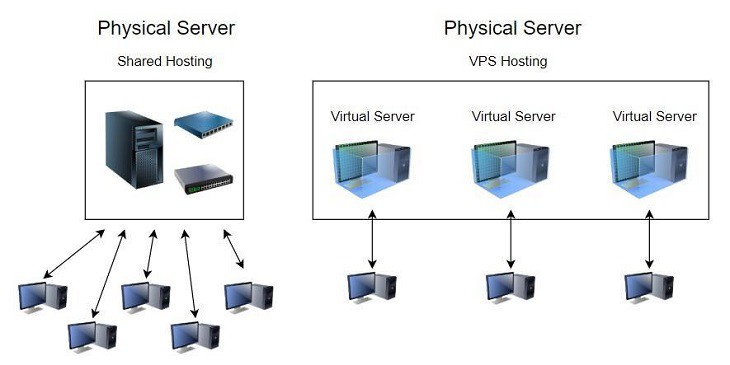
When you host your website with a shared hosting plan, you “share” everything with other account holders. If you choose a dedicated server, you get your own physical server resources with the host. A VPS lies between these two. It acts like a dedicated server without the higher cost and technical requirements.
Who Uses a VPS Hosting?
If you have used shared hosting in the past, you know that it has a number of limitations. You might suffer downtime or website speed issues because you are “sharing” resources with other clients. This can impact the user experience and conversion rates.
Website owners that care about their online presence look for ways to optimize website performance. You can speed up your website with tools like image compression and caching, but the first thing you should look at is your web host and the type of plan you are using.
Many hosting customers prefer a VPS because it gives them more control over their environment. A VPS is a set up from shared hosting, but you should consider the pros and cons of making this change before you commit.
The Pros of VPS Hosting
The main advantages of choosing VPS hosting include:
Cost-Effectiveness
The cost of running and maintaining a VPS server is distributed across the various VPS account holders. While you are paying slightly more than you would for a shared hosting experience, you get significant cost savings over a dedicated server.
Going directly to a dedicated hosting account might be overkill. This choice is substantially more expensive than shared hosting and requires some technical know-how.
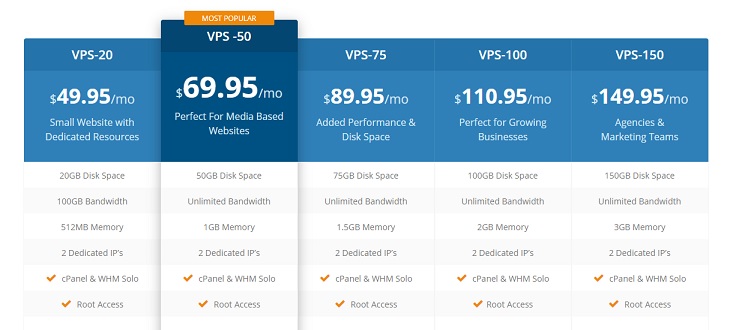
Caption: HostUpon offers wide range of VPS choices at an affordable price that fits your needs.
You can save a ton of cash by choosing a VPS instead. You get dedicated virtual resources that no one else can use at a fraction of the cost of shared hosting and will probably get an equivalent or close to the same performance.
Your hosting is also more cost-effective because you’ll get access to additional, cloud-based, hardware and software infrastructure.
Reliability & Performance
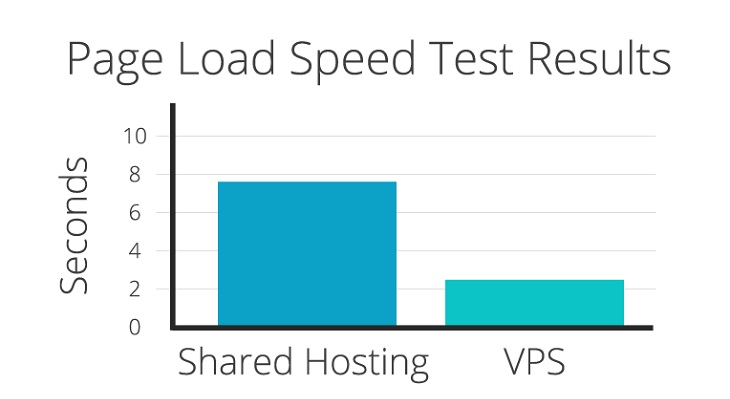
One of the biggest issues that website owners have with shared hosting is reliability. Speed and uptime issues can wreak havoc on your business and online reputation. With VPS hosting, you get greater reliability and performance. Your website will no longer be in conflict with someone else’s site that is getting a large amount of traffic or doing other things that are hogging resources.
Security and Privacy
When you use a shared host, your website is more vulnerable to security issues. If another website owner gets hacked, it might not take much for the same thing to happen to you. When you choose VPS hosting, you have a virtual barrier between your resources and those of other accounts.
You also get the option of “Managed VPS” with many hosting providers. So, if you do have a security issue, you can ask technical support to help you resolve it.
More Control & Customization
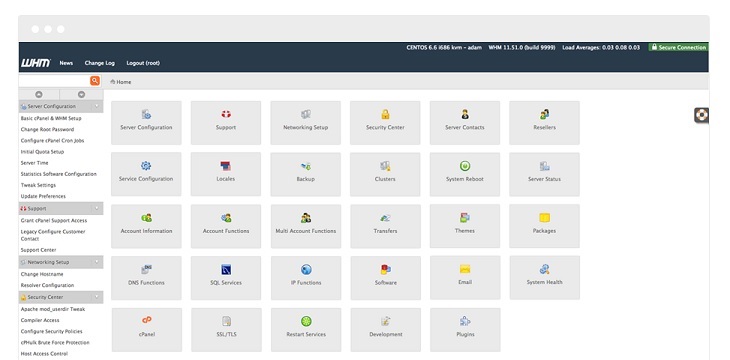
When you choose a shared hosting account, you essentially get what the hosting provider is offering. With VPS hosting, you have more options that allow you to control your hosting experience, security, etc.
For example, you can install different server applications and software that will only impact your site and not anyone else’s. Many people aren’t aware that there are numerous free alternatives to cPanel. If you don’t want to use cPanel, you can choose other Web Hosting Control Panel (WHCP) applications (SPanel, Webuzo, Site Tools), to act as your front end dashboard.
Scalability
Most website owners have a goal of growing their traffic and business results. If you had to move all of your resources to a new hosting account each time you reached a new level of growth, this would be a hardship.
With cloud-based VPS hosting, you can scale the delivery of the resources you access and use on-demand. As your site gets more traffic, you get more resources, and you can scale back down if your traffic levels subside.
The Cons of VPS Hosting
In theory, VPS hosting is an excellent way to have the benefits of a dedicated server without the associated costs. However, there might be a few potential downsides to this choice. They include:
Confusing Choices
When you choose a VPS, the host will ask you to choose an operating system. The most common ones are Linux, Windows, and FreeBSD. It might be tempting to choose Windows because it’s the most recognizable, but Linux is actually the most popular and best-performing operating system in a VPS environment. These options might seem confusing on the surface, but you will learn quickly with a small amount of research.
Potential Security Risks
Unfortunately, security strength can come down to your choice of web host over the type of hosting account. If you choose a poor host, you’ll be just as vulnerable to a breach of whether you are using shared or VPS hosting. This is particularly the case the host uses security features that don’t differentiate among IP addresses on the same server.
Conclusions
If you have outgrown shared web hosting, VPS hosting is a step above but gives you significant cost savings over something like a dedicated server. The main advantage of having a VPS is that you get dedicated resources and more control over your hosting environment. Provided you choose a host with good support, VPS hosting is generally a good choice. If you are concerned about making the switch, many good hosts will give you the help you need to move from a shared account to a more robust VPS hosting account.

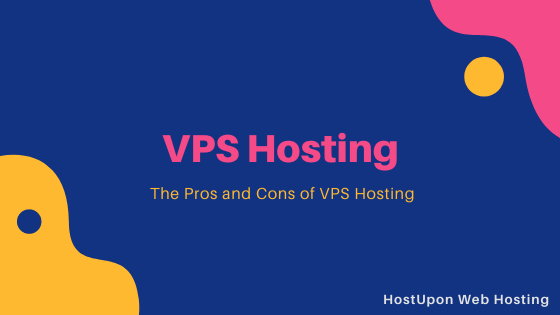



Add comment